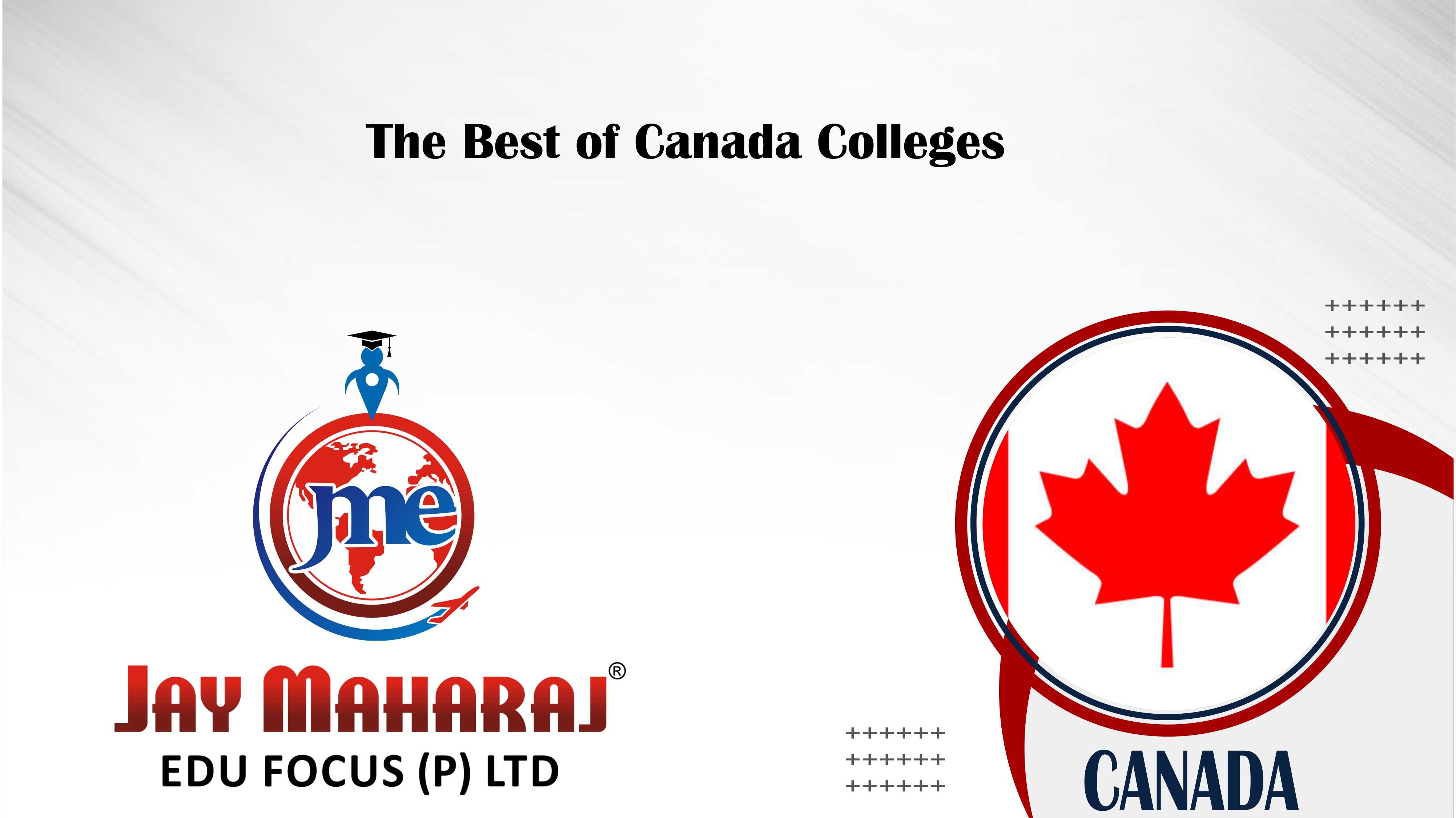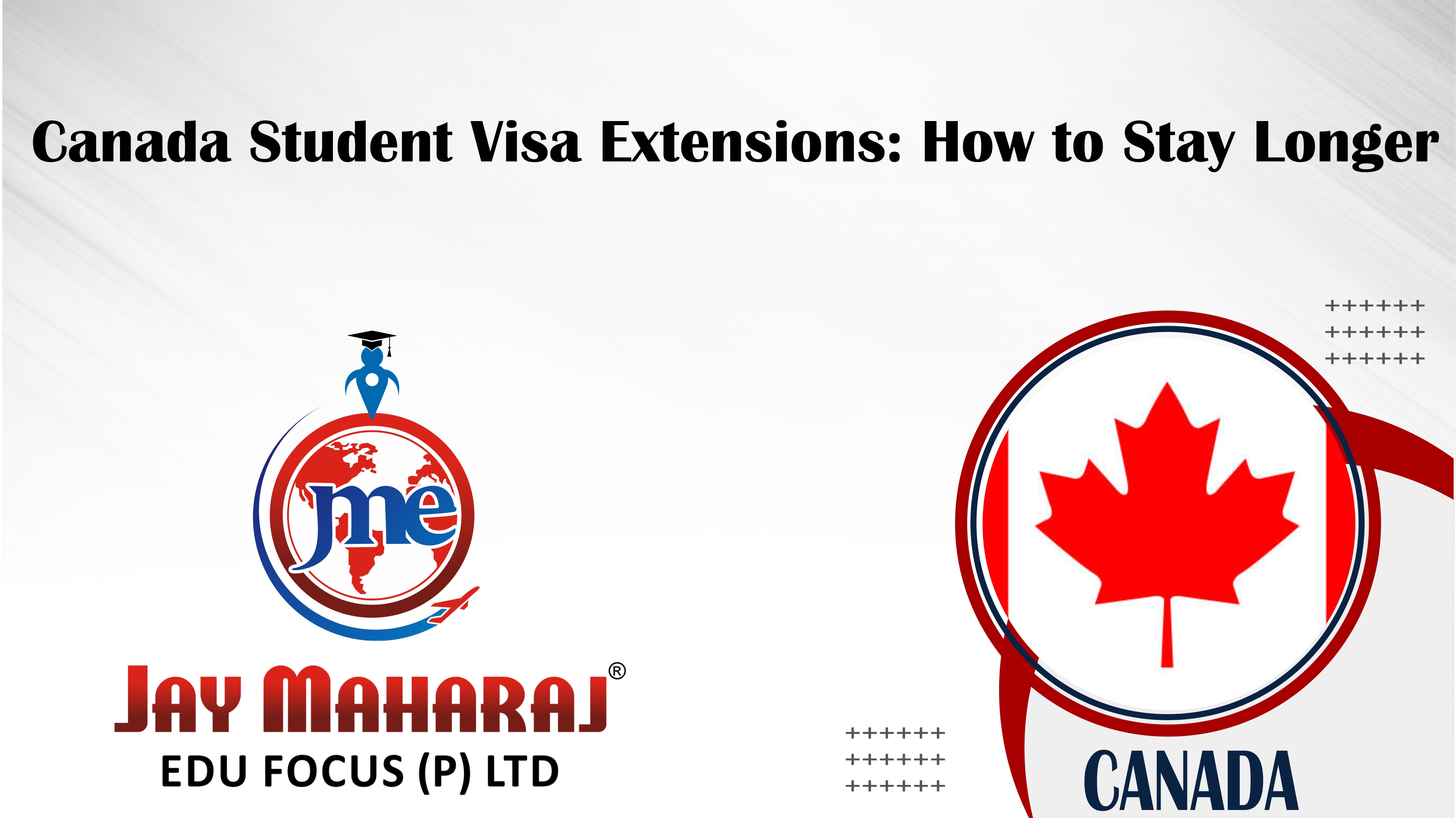What are the steps to study in Canada?
What are the steps to study in Canada?
Canada is one of the most famous and preferred study destinations among students. Every year, Canada hosts over 2,00,000 international students. Canada offers in-depth study programs that engage its students and encourages them to be challenged and excel in their endeavors. As compared to other countries, the tuition fees are considerably lower. This piques the interest that nudges students to study in Canada. Canada is a bilingual country with French and English is widely spoken across the country. In recent years, Canada has become a powerhouse for education as its curriculum is always evolving to provide the best to its students. With students coming from all over the world, the culture in Canada is one of the most diverse in the world, making this an ideal environment for students.
Research Your Options
This is a crucial move in your career journey of study in Canada. To be realistic and flexible you should focus on your higher education goal. Decide what you want to study, where you want to live, overall cost, various opportunities, and kind of educational, social, and cultural experience you want.
Apply for Admission in College/University
To study in Canada firstly, you should obtain approval of admissions (offer letter) from an accredited education provider in Canada. There are numerous SDS Colleges and Universities in Canada that offers a wide range of programs and great facilities to their students. The best way to find the right education provider is to conduct research on the best colleges/universities in Canada offering relevant courses and shortlist a few of them. After this, browse the website of the shortlisted colleges and select the appropriate one in terms of quality of education, ranking, programmed structure, programmed fee, and other facilities for international students.
Then complete the application to the institution of your choice. While applying for admission, you need to submit a few documents, including proof of your previous academic qualifications, passport copy, and proof of your English language ability. Wait until your offer letter is received.
Prepare for Entrance
Unless you come from an English-speaking country, Canadian universities will require you to submit proof of English language proficiency.
Accepted language tests are:
- IELTS
- Cambridge English: Advanced
- TOEFL
Proof of your language skills is not included on the list of required documents for a Canadian student visa. But it is a good idea to have some proof of English ability, just in case.
Confirm Admission
Once you get your acceptance letters or i20 from the universities that you have applied to, make a decision on which university you would like to study at. Inform the universities that have sent you acceptance letters of your decision. Pay a non-refundable deposit to the university that you have decided on, to confirm your admission.
Apply for a Study Permit
As soon as you got the acceptance letter from the university, it is time to proceed to the next step: applying for a student visa, which is locally known as a student permit.
The first steps to obtaining your student visa:
- Apply online for your Canadian student visa, on the Citizenship and Immigration Canada (CIC) website before you arrive in Canada.
- In countries with limited internet access, it's also possible to apply for a visa on paper.
- Provide an acceptance letter from a designated learning institution (a university recognized by the Canadian government).
- Deliver proof of sufficient financial resources to support your studies in Canada (tuition fees and living expenses).
- Have no criminal record.
- Submit clinical records that state you are in good health and complete medical examinations if required.
According to recent visa regulations, if you have a family member working or applying for a work permit in Canada, the application for your study permit will be processed in two weeks. You may renew or extend your study permit if you wish to continue your studies, if your program has an extension or if you change your school.
The study permit expires 90 days after your studies are finished when you receive a notification of the program completion. You can still stay in Canada to travel and explore or apply for a work permit, which allows you to take a full time or part-time job, or even be self-employed.
Check Accommodation Option
Once you’ve made a decision to study abroad and selected the university or study course of your choice, the next major step is to decide upon the type of accommodation.
Studying abroad can be one of the most important decisions you can make and even more important is to select what you will be studying. Choosing accommodation in Canada that is miles away from the university where you will be studying can be a hectic and difficult experience for you. There are many options available for international students when they’re looking for accommodation.
Visa
Once you have secured your admission into the University of your choice, the next step is to apply for a Student Visa or Student Permit. The Student Visa and Permit grant you entry into Canada for the purpose of education. The entire process of application is surprisingly simple but is often intimidating to students. While applying, you need to attach a copy of your acceptance letter and also have a specified amount of funds in your account.
Departure
You are almost done for your study in Canada preparation. Decide and prepare for all your important things to carry like: documents, airline tickets, insurance, accommodation, university fees, finances, expenses, bag pack & other miscellaneous.
Requirements for Entry
The entry requirements for Canada are very simple but the Government is very strict when it comes to permitting entry to International travelers into Canada. The requirement of a valid passport and visa is the most basic requirement. If you are traveling via the US, then you need to have a valid US or Transfer Visa and travel documents. As you will be traveling on the pretext of education, you are also required to have a confirmation letter from the university you will be attending. You are also required to have a certain amount of funds in your account to gain entry into Canada.
Employment
Being an international student, you are given the allowance by your University to work part-time alongside your course. You are allowed 20 hours during term time and 40 hours (full time) during vacation. Being an employed student, you get hands-on experience in dealing with people while also developing your skillset. This has proven to be very beneficial to students in their future careers.










Comments